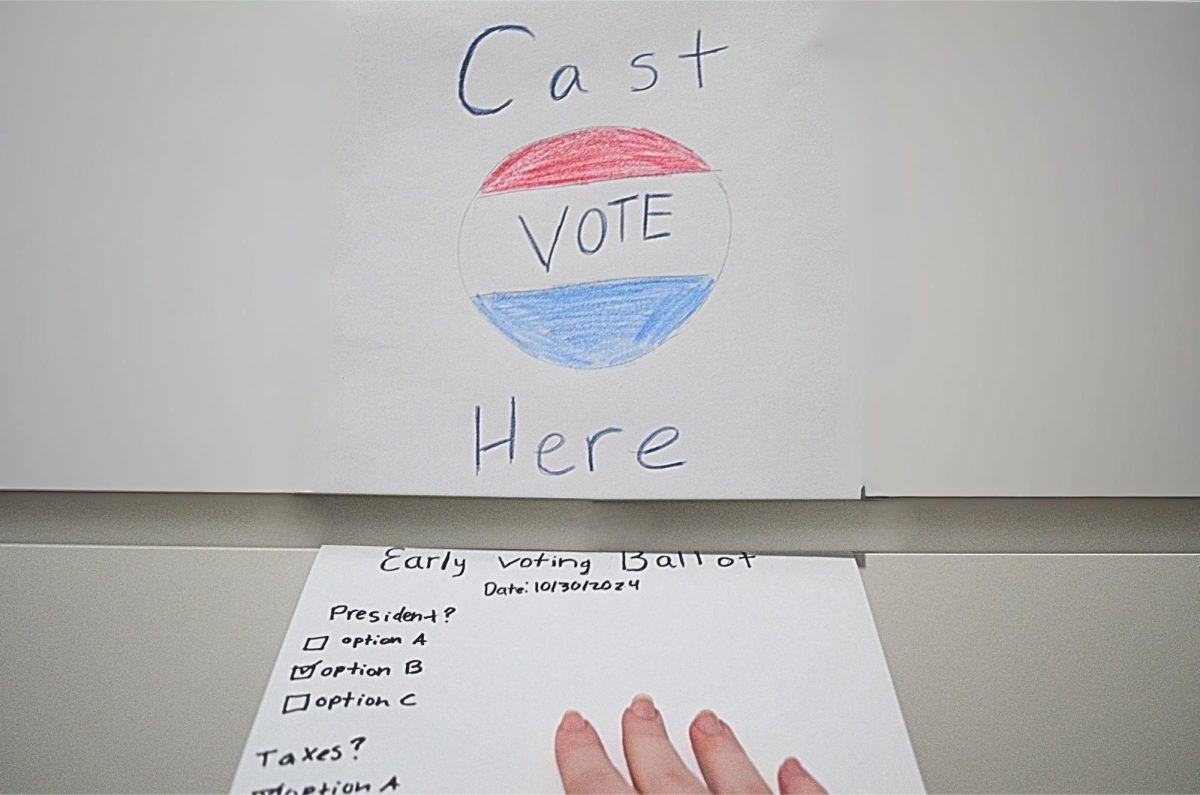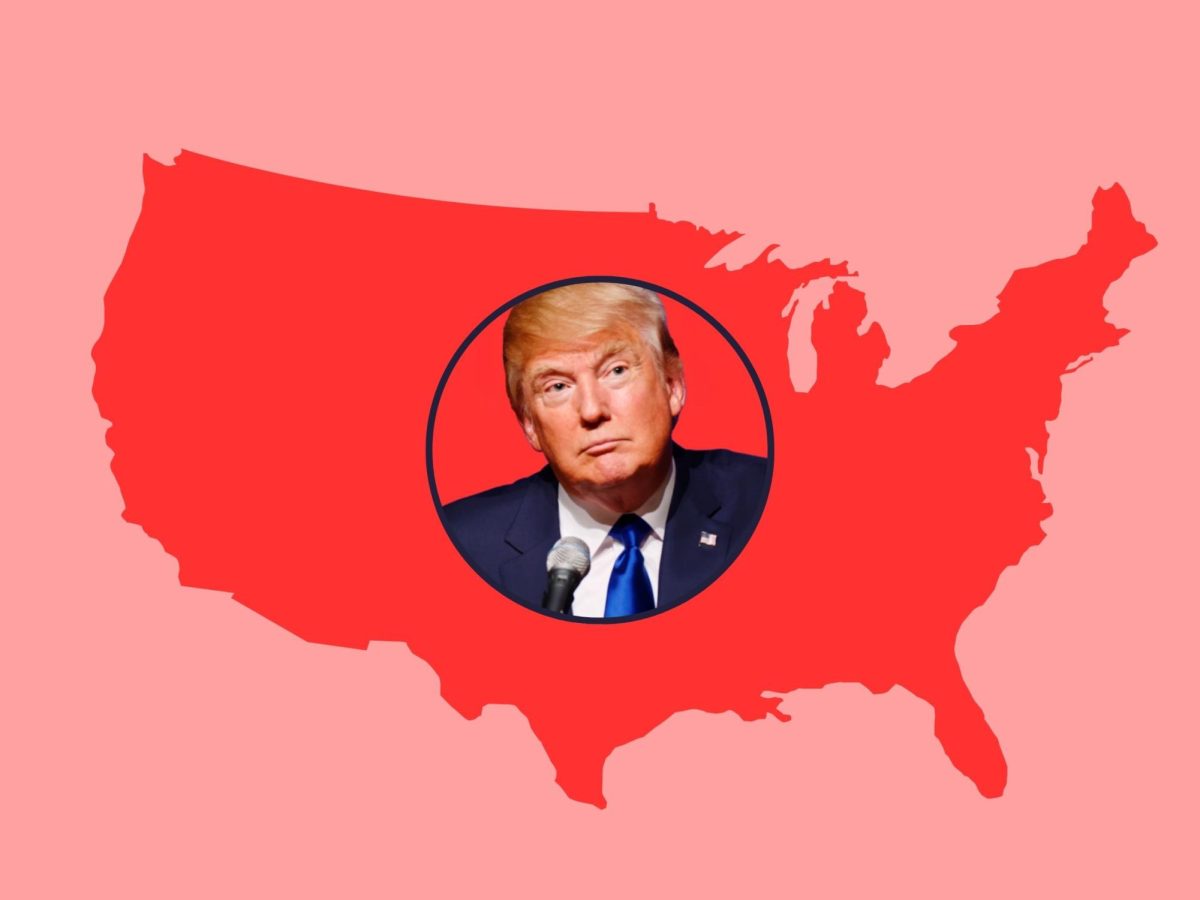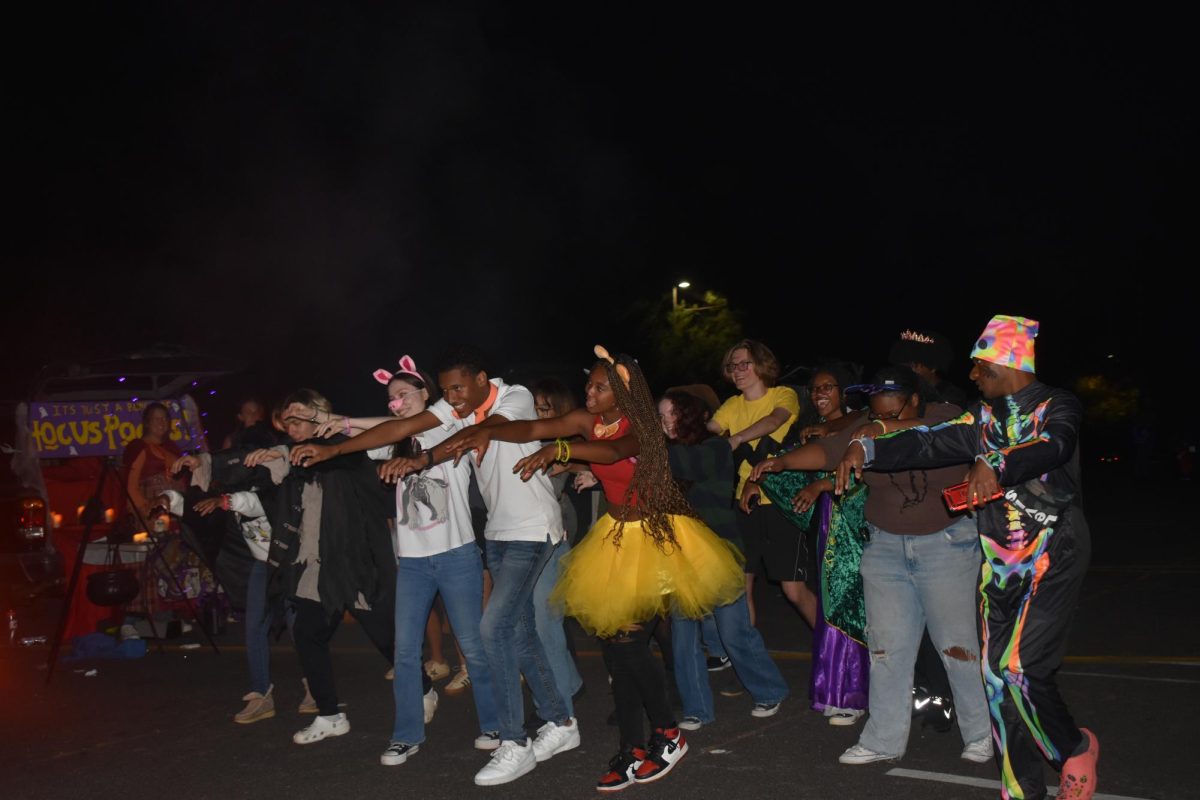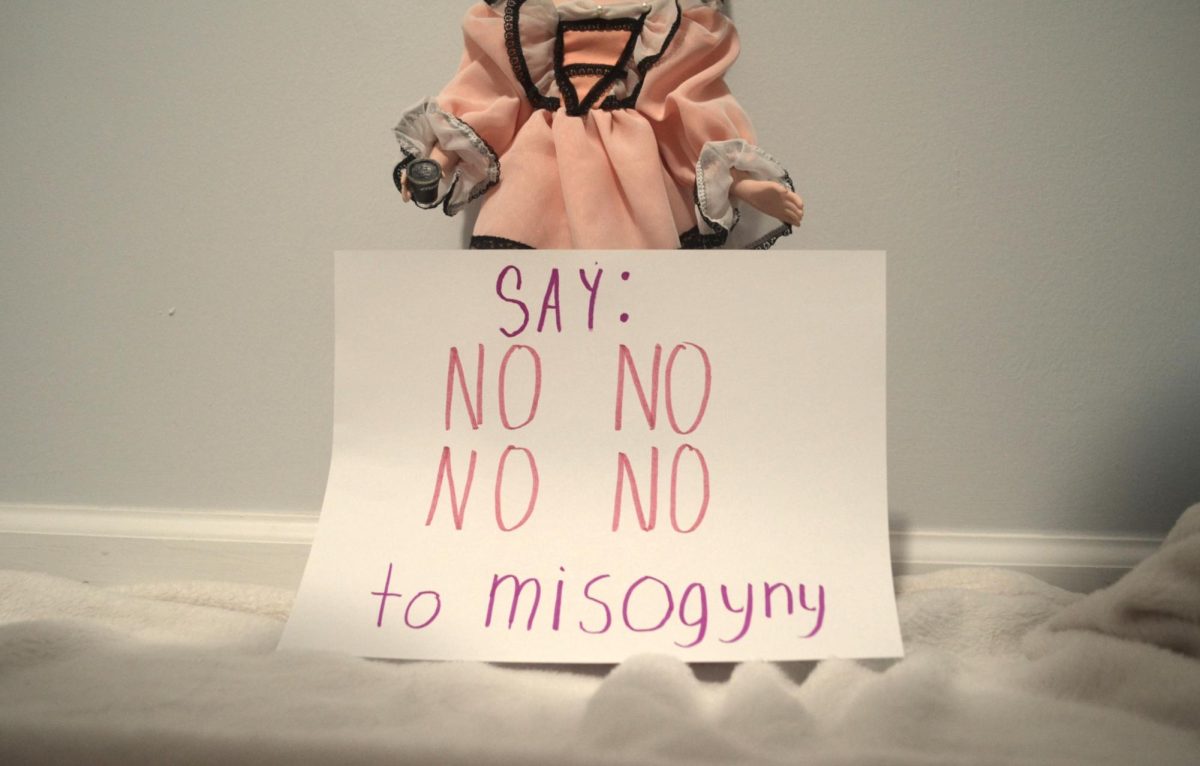Georgia’s early voting window, the time when registered voters can attend in-person locations to cast their ballots, opened October 15. Notably, the ballot includes the presidential race, but Georgia voters must address questions about the members of the House of Representatives and tax-related issues as well.
Early voting allows Georgians to express their political beliefs before November 5, Election Day, from 7 a.m. to 7 p.m. The weeks of extended voting allow citizens to cast their ballots in a time frame their schedule allows, flexibility lacking in the busy lines and work-hour times of the November date.
“I always vote early because while you guys get the day off on Election Day, we don’t as teachers. Election Day isn’t a federal holiday in that everyone gets the day off. Lots of places will give people the day off, but schools aren’t one of them. What really matters is that people have as much ability as possible to express their voice… and in order to do that, we need time and space to express our ideas, generally speaking, if you extend out the time when people have the ability to express their ideas… the more people have a chance to,” Advanced Placement (AP) Comparative Government teacher Carolyn Galloway said.
In the days leading up to the election, Fulton County Superior Court Judge Robert McBurney ruled that county election officials cannot delay or deny certification for election results. In an election where polls’ legitimacy faces increased questioning, McBurney’s ruling addresses voters who may feel concerned. His ruling also blocked hand-counting votes.
As the lines to vote began to open, Georgia’s early voting period broke record after record. On the first day alone, over three hundred thousand voters cast their ballots. This number doubled the Peach State’s previous first-day high, hinting at the passion Georgia voters feel about the 2024 election.
The ball of sensational “I voted” stickers kept rolling throughout the period, with one million Georgians casting their votes in the first week. As voters continue to clamor to the polls, politicians and the media hear one thing: People want their voices heard. These voices hold significant value in the Bible Belt’s swing state, where just one vote could decide America’s next four years.
In rural areas, voter turnout exceeded expectations. With 69 percent of registered voters in Towns County and 65.5 percent in Oconee County participating, Republican voters may tout the activity as a favorable sign for their preferences, since the highly active counties voted for former President Trump four years ago. In the state, over half of voters have already cast their ballots.
As the voting period wrapped up, voter turnout continued to send shock waves throughout the state and the country. With over four million Georgia ballots cast, the battleground state’s impact on the presidential election will represent its population’s true choice, particularly as the November 5 election date draws near.
Unfortunately, misinformation spreads rapidly throughout the Georgia voting hemisphere, with false claims and artificial intelligence (AI)-generated videos causing uproar among citizens. The state continues to reassure voters, but the risk of misinformation that social media presents continues to worry officials and voting advocacy groups for fear of a decreased sense of political efficacy and misguided choices.
“[Voting] was easy, we were in and out in like 15 minutes. Everyone was very nice and helpful and ridiculously joyful, and it felt like a party in there, but it was professional. I always like to vote early because I no longer wish to stand in line for three and a half hours outside the clubhouse while sick. You can plan it out and be like ‘nope, the parking lot is too full,’” registered voter Crystal Schwanke said.
For those who can vote in this election, time remains. Visiting one’s registered voting location throughout Election Day will allow eligible voters to express their desires for the future across the country, even if they missed the early period.
















